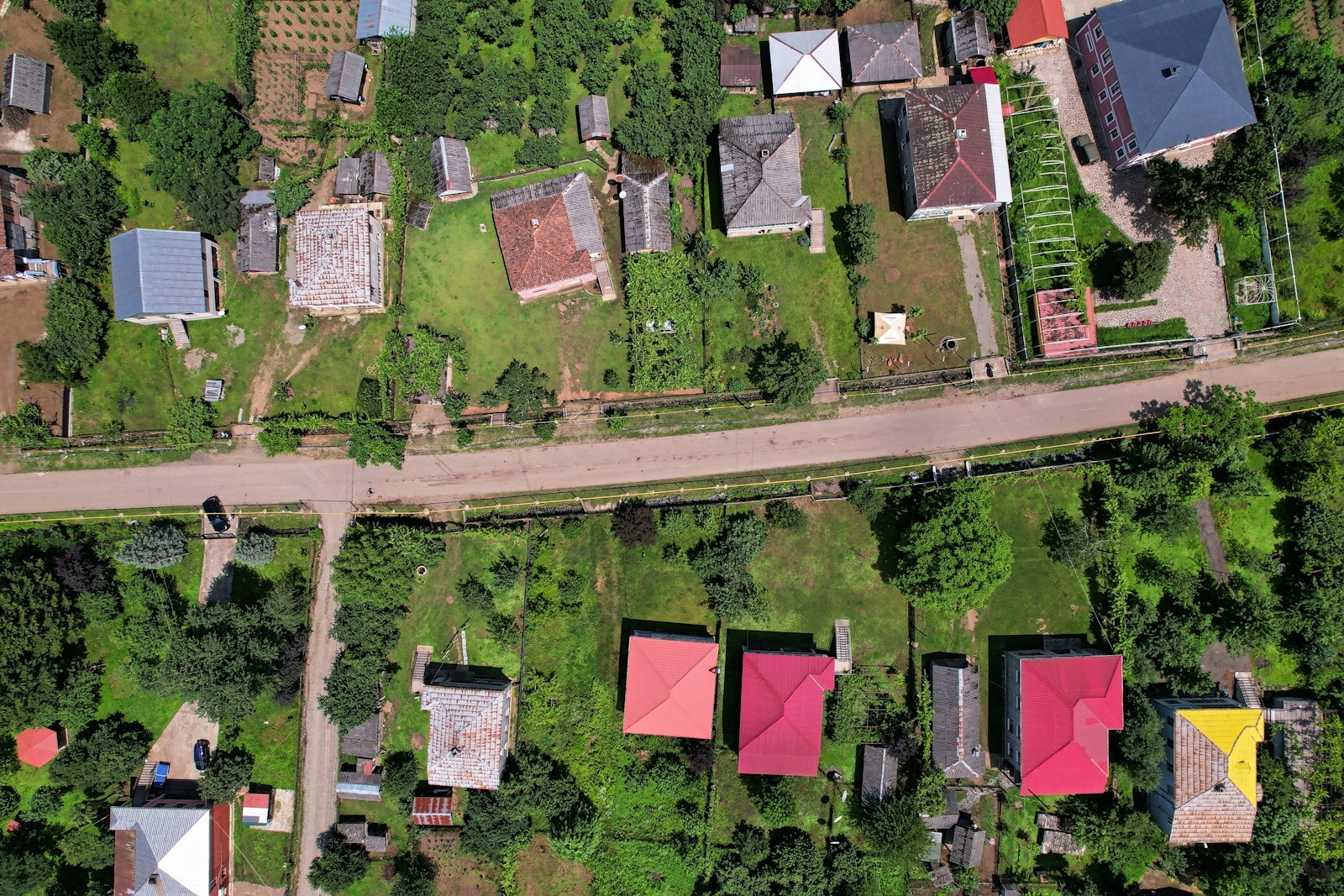
degré

degree
The French word 'degré' is used similarly to its English counterpart, 'degree'. It can refer to a level or stage in a process, a unit of measurement in various systems such as temperature, angle, or a level of academic achievement. The usage depends on the context in which it is mentioned. For instance, in educational terms, 'J'ai un degré en biologie' means 'I have a degree in biology'.
Example sentences using: degré
Ce vin a une température de treize degrés.

This wine has a temperature of thirteen degrees.
In this sentence, 'degré' is used in a standard physical context to refer to temperature, specifically the Celsius scale commonly used in France.
Il a obtenu un diplôme de troisième degré en mathématiques.

He obtained a third-degree diploma in mathematics.
Here, 'degré' refers to the intensity or level of an accomplishment or qualification.
La brûlure est du premier degré seulement.

The burn is only first degree.
Here, 'degré' is used in a medical context to measure the severity of a burn.
J'ai terminé ma croissance à seize degrés.

I finished my growth at sixteen degrees.
This phrase is incorrect. 'Degré' does not make sense in this context as it does not refer to age or stages of growth.
C'est une montée avec un degré de pente de quarante pour cent.

It's a climb with a slope degree of forty percent.
Here, 'degré' refers to degree as in a measure of slope inclination or steepness.
Le degré de risque est acceptable.

The degree of risk is acceptable.
In this sentence, 'degré' indicates the extent or level of risk accepted in a specific situation.
C'est le degré zéro de l'inspiration.

This is the zero degree of inspiration.
Here, 'degré' refers to a level or extent of something. The phrase 'degré zéro' is used to signify a very low, close to nonexistent, level.
L'alcool pur s'évapore à soixante-dix-sept degrés.

Pure alcohol evaporates at seventy-seven degrees.
Here, 'degré' is used to designate the temperature at which a substance changes its state, in this case, from liquid to gas.
Son degré de compréhension de la langue s'améliore.

His level of understanding of the language is improving.
In this context, 'degré' is used to indicate a level or stage of comprehension.
Il y a un haut degré de sophistication dans ses compositions.

There is a high degree of sophistication in his compositions.
In this context, 'degré' refers to the extent or level to which something is present or has been accomplished.